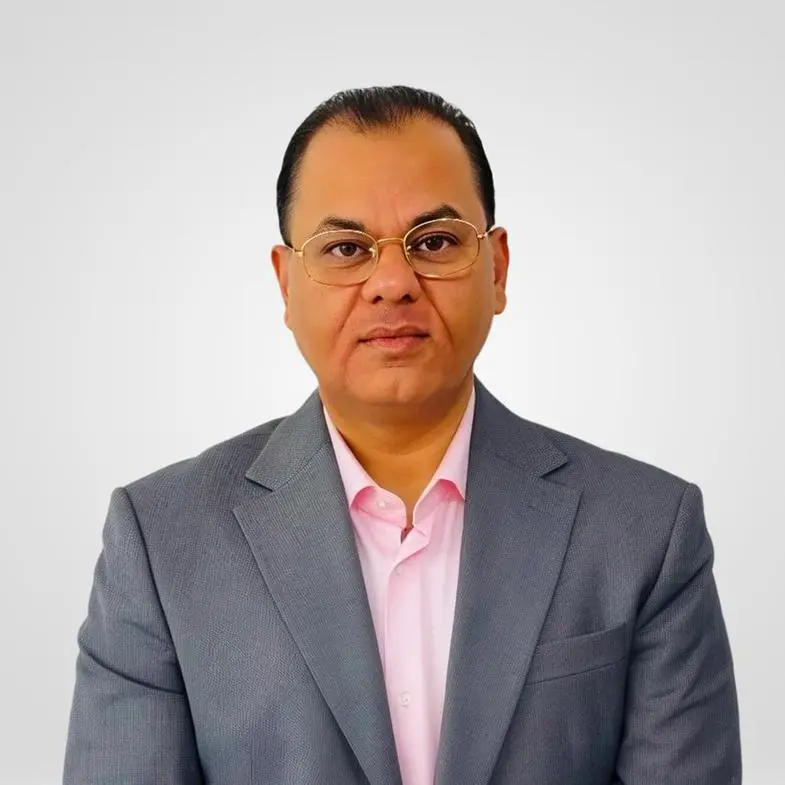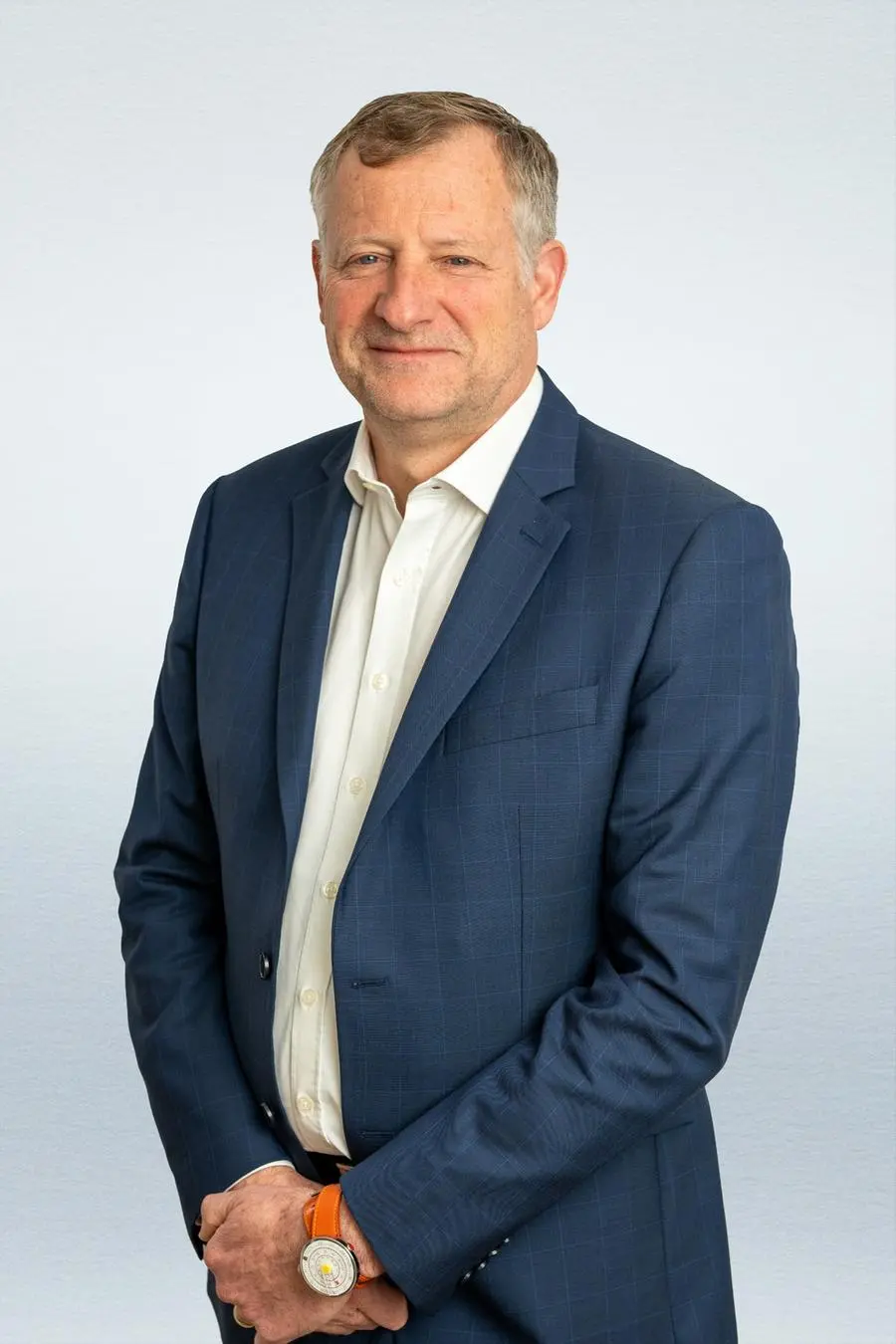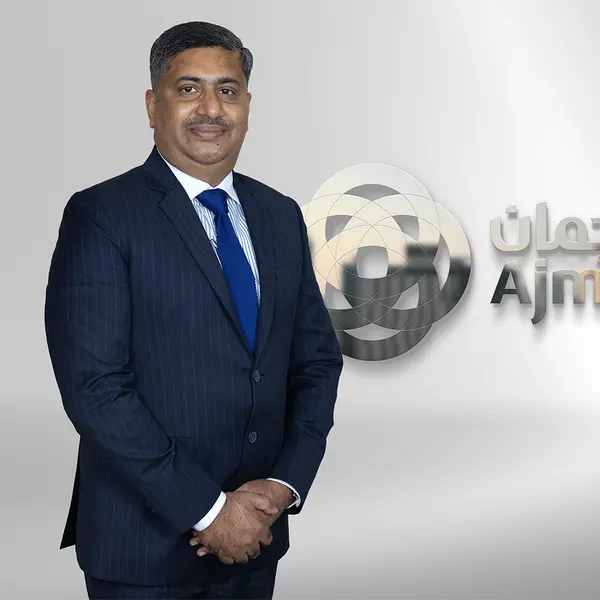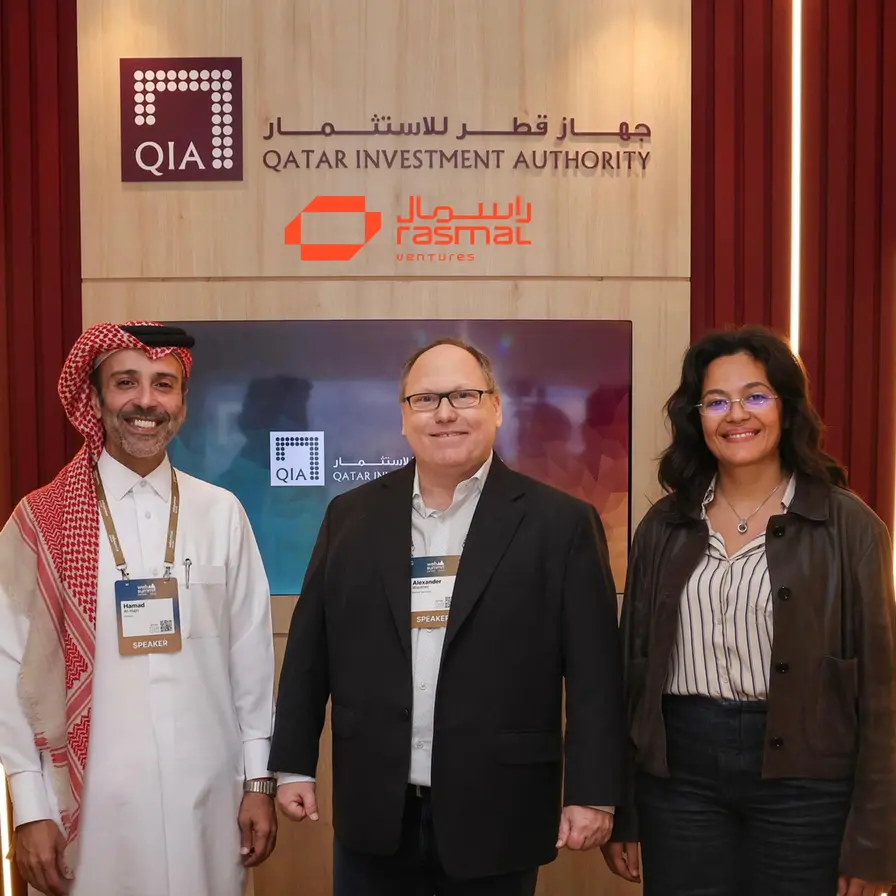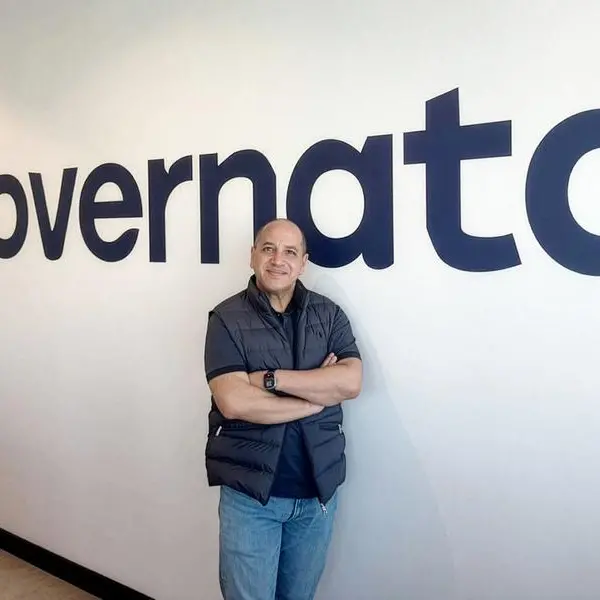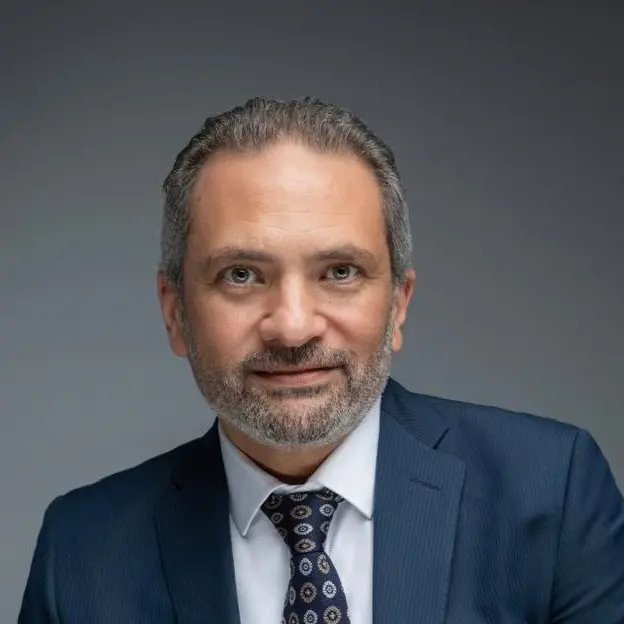PHOTO
- The reports focus on topics representing the UAE’s key national priority sectors including Space; Health and Well-Being; Mobility and Logistics; as well as Food and Water Security. They analyze how sectors can embrace advanced technologies and benefit from AI.
Abu Dhabi: The National Experts Program (NEP) today launched 13 reports written by its 3.0 participants, focusing on artificial intelligence (AI) and the importance of embracing its technologies to help address challenges and accelerate growth in the UAE’s key national sectors.
The in-depth reports focus on how emerging AI technologies could disrupt and propel sectors that are strategically important to the UAE’s development, with NEP 3.0 participants analyzing ways in which their respective sectors can leverage the technologies effectively. The participants gained an understanding of AI as part of NEP’s ‘AI Journey’ through engaging workshops and sessions.
Abu Dhabi’s dedicated AI university, Mohamed bin Zayed University for Artificial Intelligence (MBZUAI) helped equip the participants with crucial AI knowledge including organizing a two-day visit to the institution where they saw the applications and innovations of AI.
The reports explore topics aligned with key economic sectors that are of strategic importance to the UAE. These are: Economic Development; Health and Well-Being; Policy and Government Services; Community Development and Social Services; Mobility and Logistics; Education; Tourism and Hospitality; Culture; Food and Water Security; and Advanced Sciences and Research.
Among the topics examined in the reports are: the applications of AI in wildlife ecology, including marine research and conservation; the role that AI can play in changing the dynamics of the space sector to tackle national and international challenges; and how AI can empower microgrids and reinvent electricity markets.
The reports come at a time in which the UAE is accelerating its efforts in adopting advanced technologies with government entities using AI in vital sectors and keeping in line with digital advancements. It is also projected that AI could contribute $320 billion to the Middle East economy in 2030.
His Excellency Ahmed Talib Al Shamsi, Director of the National Experts Program, said: “At a time where AI is already transforming every industry and is developing rapidly, it is imperative to be one step ahead and understand the impact these advanced technologies can have on our future and how they can affect the way we work or live.”
“Therefore, the NEP 3.0 curriculum was carefully planned to include AI as part of the learning journey where the country’s future leaders had the opportunity to enhance their understanding and learn from experts throughout the program.
“By applying their own learnings to their AI reports, these papers reflect great insight on a wide range of vital areas such as space, transport, and health, exploring the meaningful role that AI can play on these sectors.
“As the UAE continues its efforts to build and advance its knowledge-based economy, these AI reports not only give a new perspective from the leaders of tomorrow but their expertise offers a fresh approach of how day-to-day operations can be enhanced in the various sectors.”
Since being established in 2019, NEP has helped develop 61 Emirati specialists across 43 sectors enhance their knowledge, enrich their leadership skills, and contribute to strategic projects of national importance.
The full reports are available in English on the official website of the National Experts Program [https://uaenep.ae/en/ai-reports].
-Ends-
Please find a brief description of the reports below:
- Waheeda Alhadhrami
Sector: Media and the Creative Economy
Report title: How Generative AI Can Be A Collaborator For Creatives Rather Than A Competitor
The report focuses on why professionals in the creative industry should embrace AI technologies within their practices. She believes that while AI offers new opportunities, human intelligence will always be required when using generative AI tools.
- Dr. Abdulla Al Shimmari
Sector: Technology and Innovation
Report title: Can Ai Help Us Keep Up With AI?
Dr. Abdulla emphasizes the importance of acting swiftly and strategically to keep up with AI. He believes one of the steps include ‘companies and HR departments to employ data science techniques and HCMS to identify the ‘automatability’ of all skills but should not replace work that can be done by humans.’
- Dr. Ameena Al-Sumaiti
Sector: Advanced Sciences and Research
Report title: How AI Can Empower Microgrids And Reinvent Electricity Markets
Dr. Ameena calls for governments, regulators, policymakers, and utilities to work together to understand how microgrids operate and define a framework to integrate AI into its day-to-day operations. The report states that microgrid utilities can benefit from AI as it can help them define optimal configurations and analyze operational data to improve energy management.
- Maitha Al Hameli
Sector: Environment and Climate Change
Report title: Use Of AI To Study Marine Mammals: Case Study On Dugong Detection.
Maitha explores the use of AI and its role in analyzing and interpreting data related to marine life. She believes it is essential researchers continue utilizing AI technologies to unlock new possibilities and help protect the Earth’s Dugong population and the marine environment.
- Hamad Al Shehhi
Sector: Food and Water Security
Report title: The Impact Of AI In The Food And Agriculture Industry
In his report, Hamad believes while the UAE is going in the right direction, a thorough strategy is required that involves dedicated teams to analyze the strengths of the agriculture industry and implement new technologies. He suggests that integrating such a system can put the ‘sector in a better place to address future challenges.’
- Talal Faris
Sector: Community Development and Social Service
Report title: Artificial Intelligence And The Delivery Of Social Care Services To Vulnerable Groups.
His report suggests that the government, service providers, and the beneficiaries each have an important role to play in how to adopt AI technologies in social care services. He recommends that AI can improve the quality of life as long as it’s regulated and governed properly.
- Abdulla Alshehhi
Sector: Space
Report title: AI In Space. Is It A Revolution Or Evolution And How Can It Help Climate Action?
With the UAE investing significantly in the space sector, Abdulla’s report highlights the importance of AI, particularly in earth observation applications and climate change. He outlines how space can help solve climate change challenges and why AI can be instrumental when it comes to processing data and tracking critical climate indicators, presenting significant opportunities that can advance the sector.
- Eman Al Mughairy
Sector: Culture
Report title: Using AI In Cultural Diplomacy. How The UAE Could Benefit.
Having assessed the potential of some AI applications, Eman believes AI has a major role to play in cultural diplomacy strategies and can be harnessed to facilitate cultural exchange, promote understanding, and foster diplomatic initiatives.
- Fatima Rashid Al-Ali
Sector: Health and Well-Being
Report title: Healthy Haven – A World Where Children Thrive, Enabled By Artificial Intelligence and Genetic Sequencing
Fatima explores the use of AI in genetic sequencing with one of her key recommendations being utilizing the technologies in the preparation stage before IVF as it can help further improve outcomes.
- Abdulla Al Haidan
Sector: Mobility and Logistics
Report title: AI in Port and Free Zone Master Planning.
Abdulla stresses that his sector must adopt any technology that will help facilitate access to services whether that is by land, air or sea. He examines the role of AI in master planning and the impact it can have in the future as well as how it can be leveraged in mobility and logistics.
- Mohamed Tarmoom
Sector: Economic Development
Report title: Leveraging Artificial Intelligence To Enhance Labour Productivity In The UAE
This report highlights that the UAE is in an ‘enviable’ position in its on-going efforts to develop its economy. He argues that focusing government resources on the establishment of a mezzanine investment fund is key to leveraging the power of AI and labor productivity.
- Hareth Alhashmi
Sector: Education
Report title: AI In Technology: What Parents, Students, Parents and Tech Developers Need to Know.
Hareth examines the need for collaboration between AI developers and educators while informing parents on the potential benefits and risks in education.
- Aisha Al Matrooshi
Sector: Tourism and Hospitality
Report title: The AI Journey: How Artificial Intelligence Is Changing The Tourism Industry.
Aisha believes AI is an essential tool that the travel industry needs to adopt swiftly, citing AI travel assistants as an example that can offer personalized recommendations on restaurants and attractions.
About the National Experts Program
Developed under the direction of His Highness Sheikh Mohamed bin Zayed Al Nahyan, President of the UAE, the National Experts Program is a launchpad for UAE-based specialists who strive to play a leading role in the transformation of future-growth sectors.
NEP fosters the development of sector leaders and technical experts who will help shape the country’s future. The program cultivates a pool of UAE-based professionals recognized as outstanding performers in their field and equips them to have a transformative impact on key social and economic sectors carefully aligned with the country’s national priorities. Participants will enhance their expertise, professional skills, and leadership ability by mastering five key mindsets for lifelong learning.
Read more about the National Experts Program at www.uaenep.ae
- For media inquiries, please contact:
- Rawan Khalifa
- Senior Account Manager, Seven Media
- rawankhalifa@sevenmedia.ae

